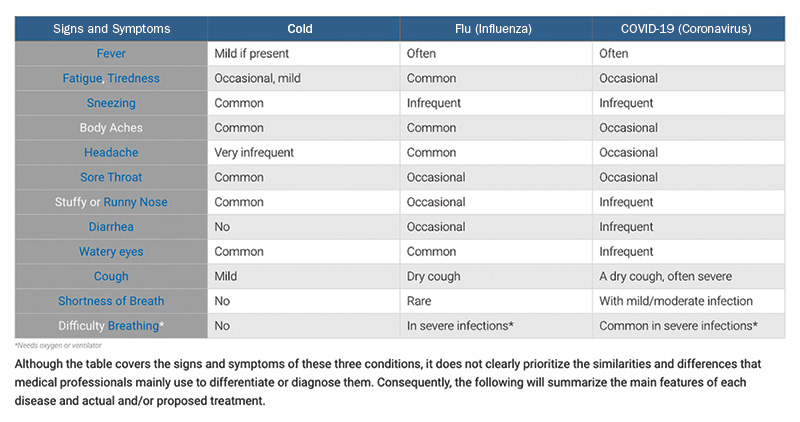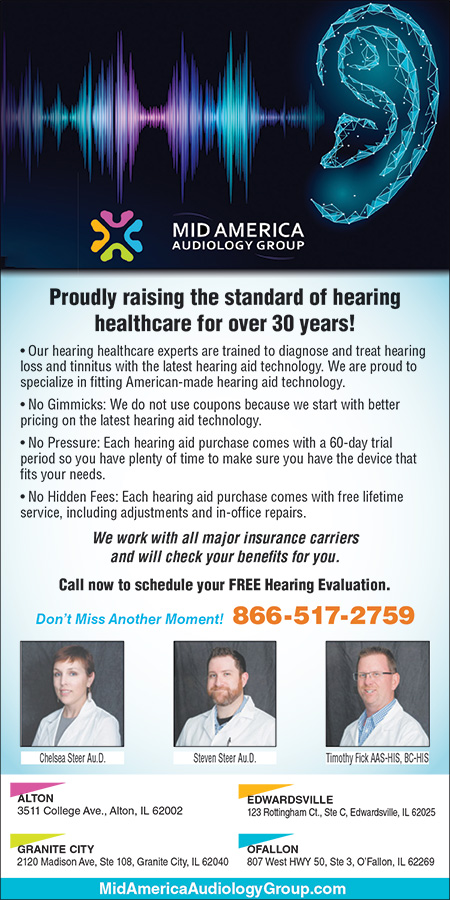 With the COVID-19 virus constantly in the news, every sniffle and headache is alarming. But if you’ve done your diligence in staying at home and avoiding infection, what you may be feeling is a seasonal allergy or sinus pain and pressure.
With the COVID-19 virus constantly in the news, every sniffle and headache is alarming. But if you’ve done your diligence in staying at home and avoiding infection, what you may be feeling is a seasonal allergy or sinus pain and pressure.
According to the World Health Organization (WHO), the most common symptoms of COVID-19, the illness caused by the new coronavirus, are fever, tiredness and a dry cough — and some patients may have aches and pains, nasal congestion, runny nose, sore throat or diarrhea.
A headache isn’t a common symptom of the virus, but about 14 percent of people infected with coronavirus have experienced it, according to the Report of the WHO-China Joint Mission on Coronavirus Disease 2019 (COVID-19). And as more people share their COVID-19 experiences on social media, it’s clear that some of those headaches are pretty intense.
“Many viruses, from those that cause the common cold to the flu to COVID-19, cause the body to respond in ways that try to destroy the infection,” a medical professional explained on Health.com.
“One response is that immune cells release proteins called cytokines that cause inflammation, fever and fatigue. Along with these reactions can come a headache.”
A headache can be caused by many factors related to the coronavirus, such as the physical discomfort of constant coughing and a stuffy sinus. Even frequent nose blowing can cause a headache. Anxiety, a lack of sleep, not eating properly, and failing to stay hydrated can also lead to headaches.
If one of your COVID-19 symptoms is headache, it is recommended to continue with pain relief medications unless you’re told by your doctor to discontinue them. While there were early reports that some non-steroidal anti-inflammatory medications, such as ibuprofen, were not recommended for COVID-19, these have not been borne out by experience in hospitals.
 COLD, COVID-19 SYMPTOMS SIMILAR
COLD, COVID-19 SYMPTOMS SIMILAR
There are many symptoms of cold, flu and COVID-19 that are similar, and it may be difficult to distinguish. They’re all caused by viruses, but different viruses cause each of these infections.
However, one key difference among the three is that a symptom of coronavirus is shortness of breath which occurs prior to the development of pneumonia. Generally, the flu or a cold does not cause shortness of breath unless it has progressed to pneumonia, in which case you’ll also want to contact your healthcare provider.
Influenza does mimic COVID-19 very closely, but the shortness of breath is not usually as severe as it is with COVID-19. With COVID-19, shortness of breath often occurs five to 10 days after the first sign of fever.
ALLERGIES OR COMMON COLD
Sneezing, runny nose, facial pain, postnasal drip and itchy eyes are common symptoms of allergies or the common cold. But they’re not typical of COVID-19. In a report from China of more than 1,000 patients, nasal congestion was seen in only one out of every 20 patients.
COVID-19 symptoms usually appear two to 14 days after exposure. However, some people become infected but don’t develop any symptoms and don’t feel unwell, according to the World Health Organization. These people can still transmit the virus to those around them, even if they don’t feel ill.
Allergies, on the other hand, are usually chronic, presenting with symptoms off and on for weeks, months, or even years. Allergies should not cause a fever or body aches. Generally, there is no cough unless you have a lot of nasal drainage.
Allergies also may cause wheezing, especially in people with asthma. Colds are more likely to have generalized symptoms like fever, headache, and body aches, whereas allergies usually affect only the respiratory tract. Allergy symptoms tend to improve with antihistamine and other allergy-specific medication. Colds are more likely to respond to decongestants, acetaminophen, fluids, and rest.
When someone has acute sinusitis — brought on, for example, by the common cold or allergies — the sinuses become inflamed and congested, and the person may develop a sinus headache.
Any time your headaches interfere with your life — if they keep coming back, are severe enough that you can’t function, or you’re missing time from work or school — you need to see a doctor so the true cause of your pain can be diagnosed. This is especially the case if you have headache pain that isn’t associated with a sinus infection.


